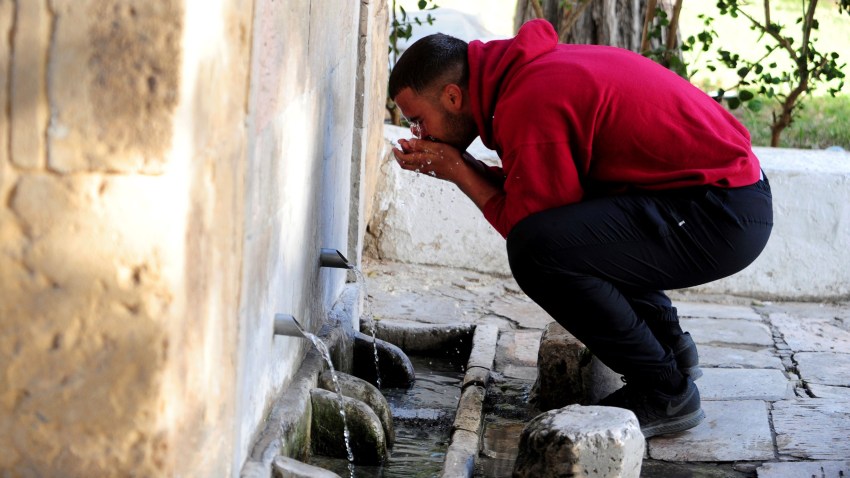Since March, many Tunisian households have been trying to adapt to a new nightly routine: Around 10 p.m. every evening, water taps in many neighborhoods start to run dry, as the water supply to homes is cut until early the next day.
Tunisians expected that a severe drought across North Africa that is now in its fourth year would probably lead to regular cuts in water distribution heading into the summer. But they were surprised when the rationing began much earlier than anticipated and without any advance notice from the government or SONEDE, the state-owned water utility company.
The nightly water cuts now affect several neighborhoods in the capital, Tunis, as well as areas in most other cities across the country. Tunisia’s drought, which has been attributed to climate change, indicates an accelerating emergency that is intensifying much more quickly than expected. “Today, we are facing the water crisis that we expected to come in 2030,” Hamdi Hached, a Tunisian environmental expert and consultant, told World Politics Review.

